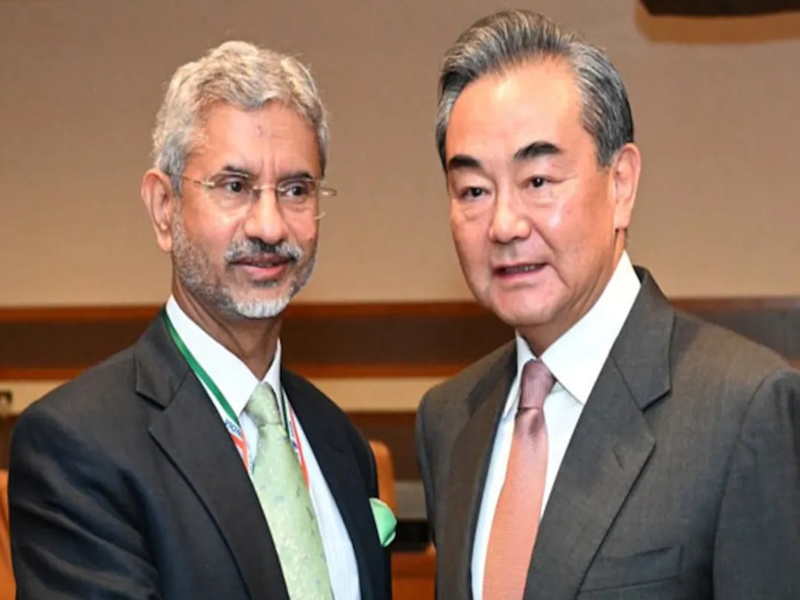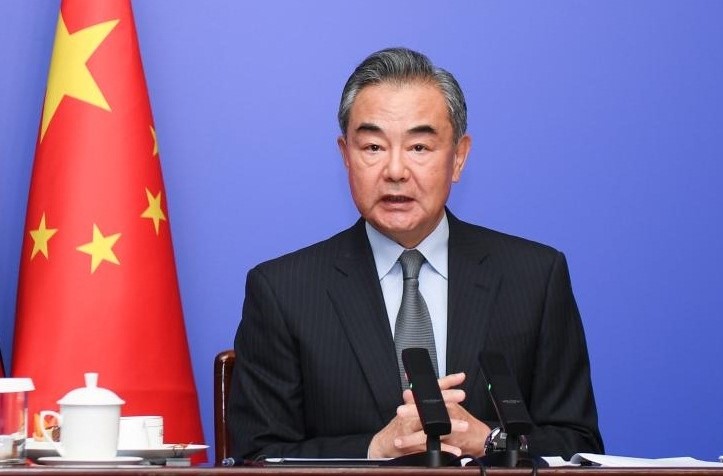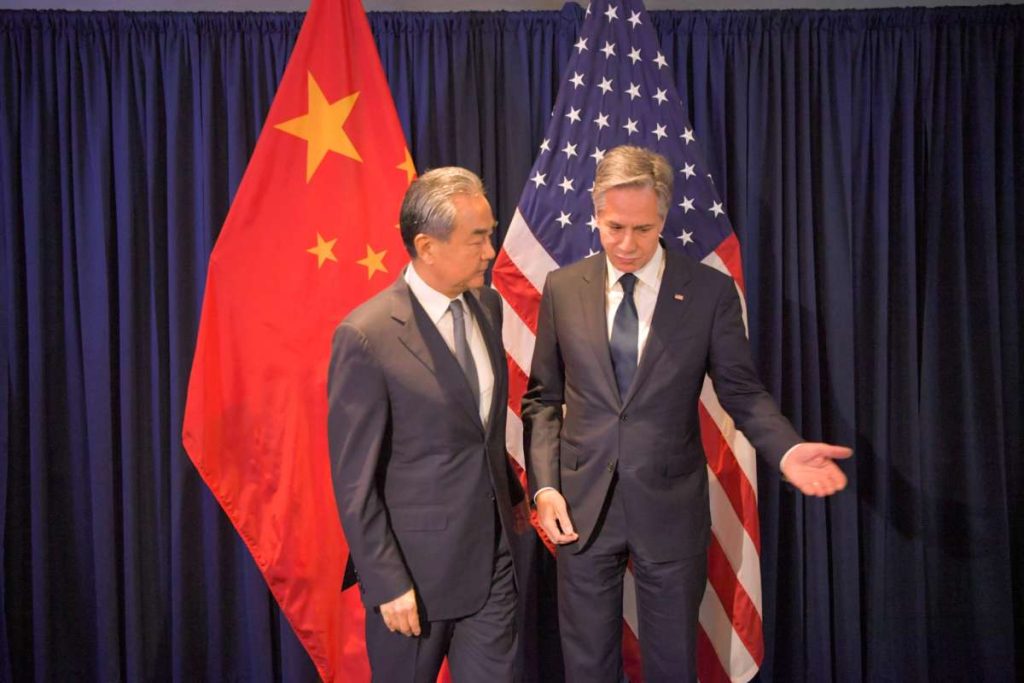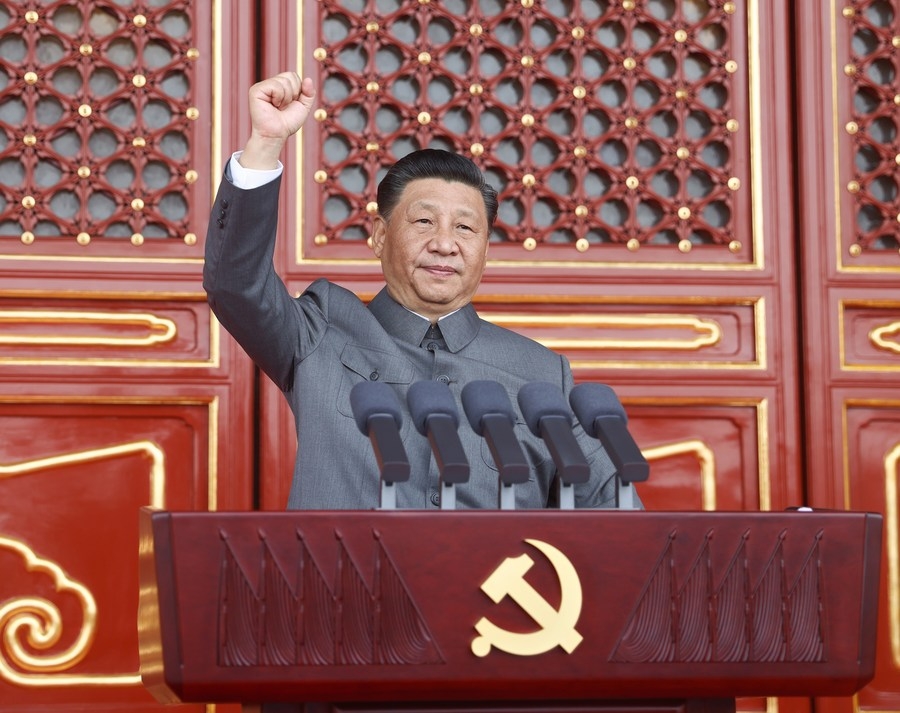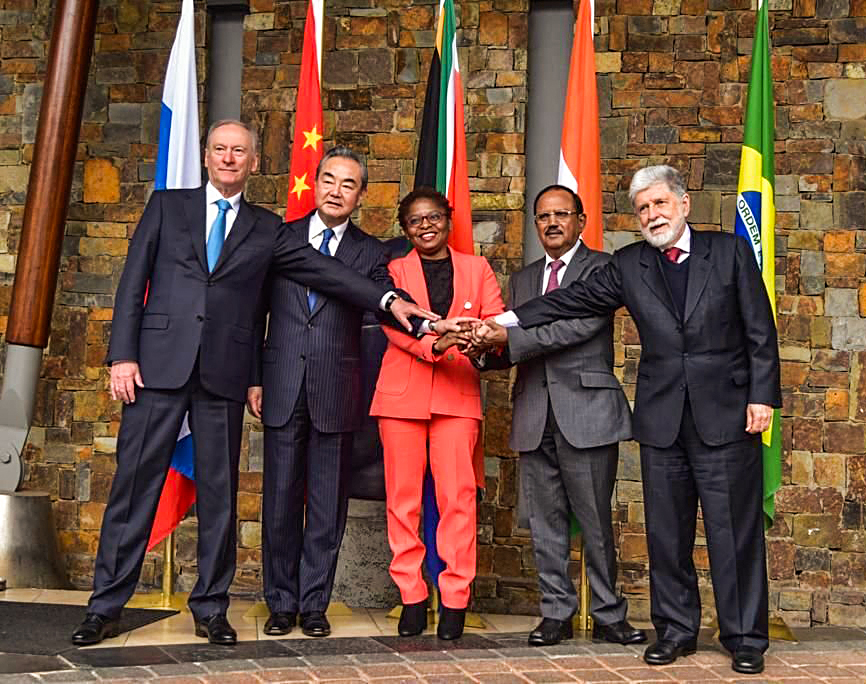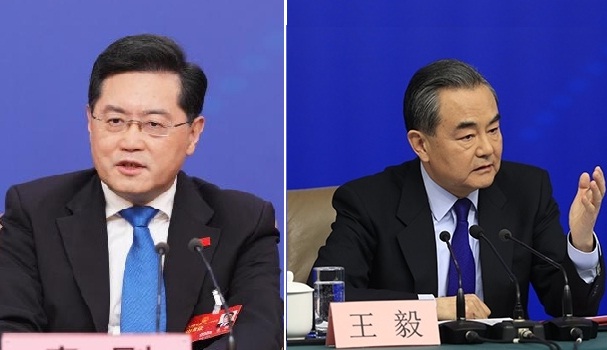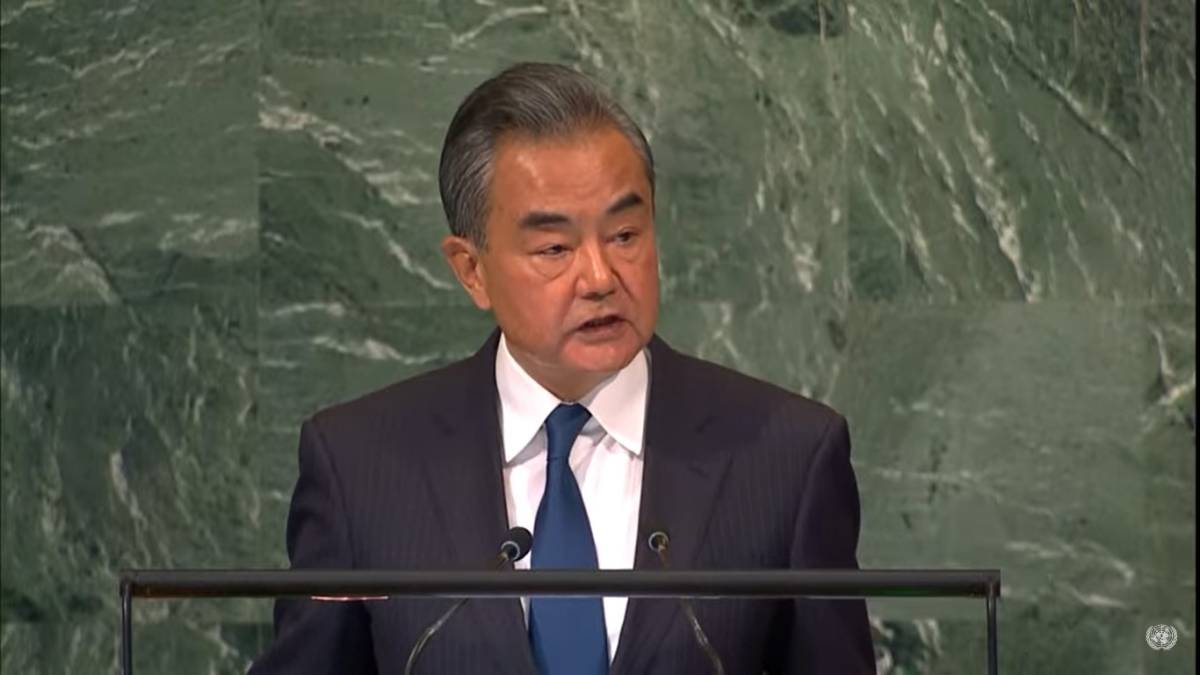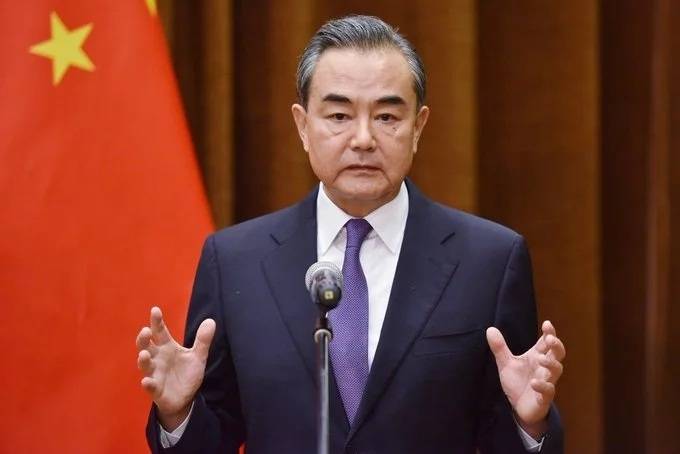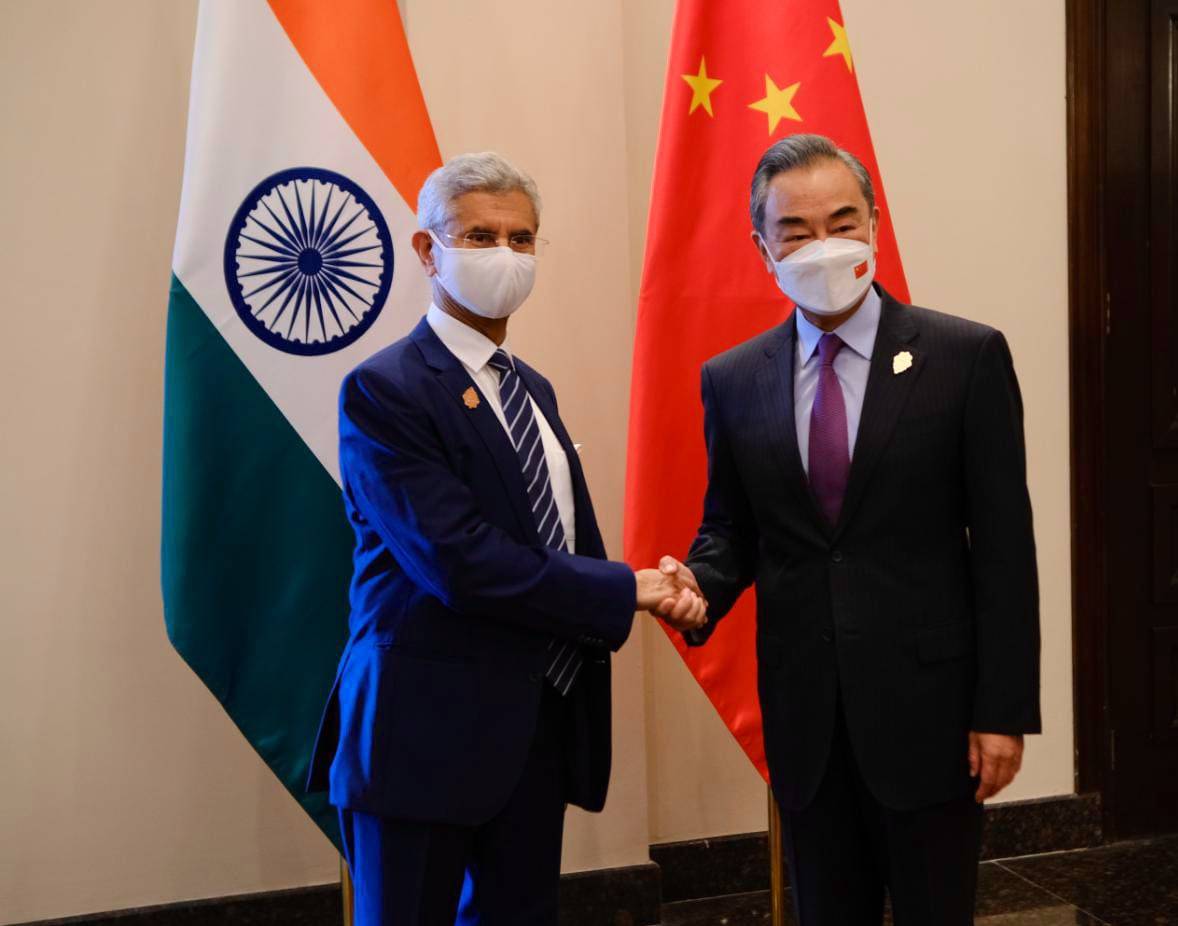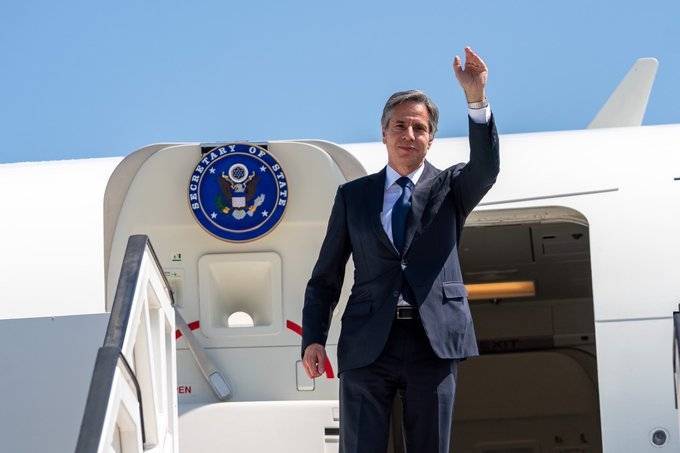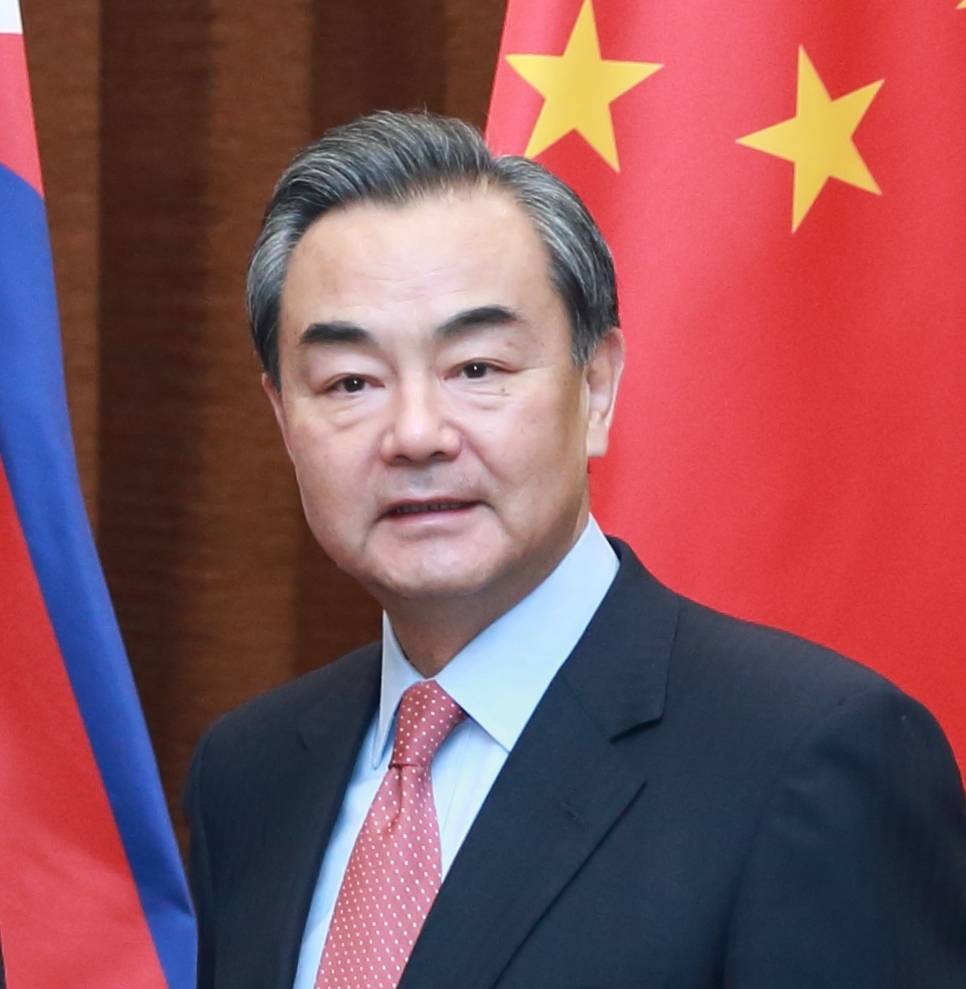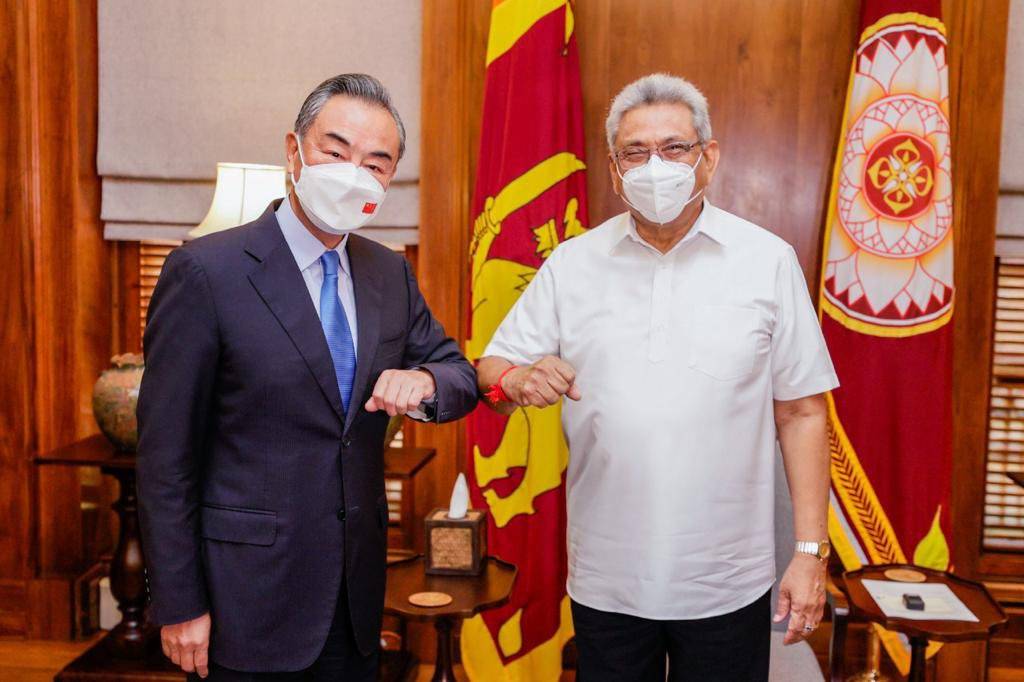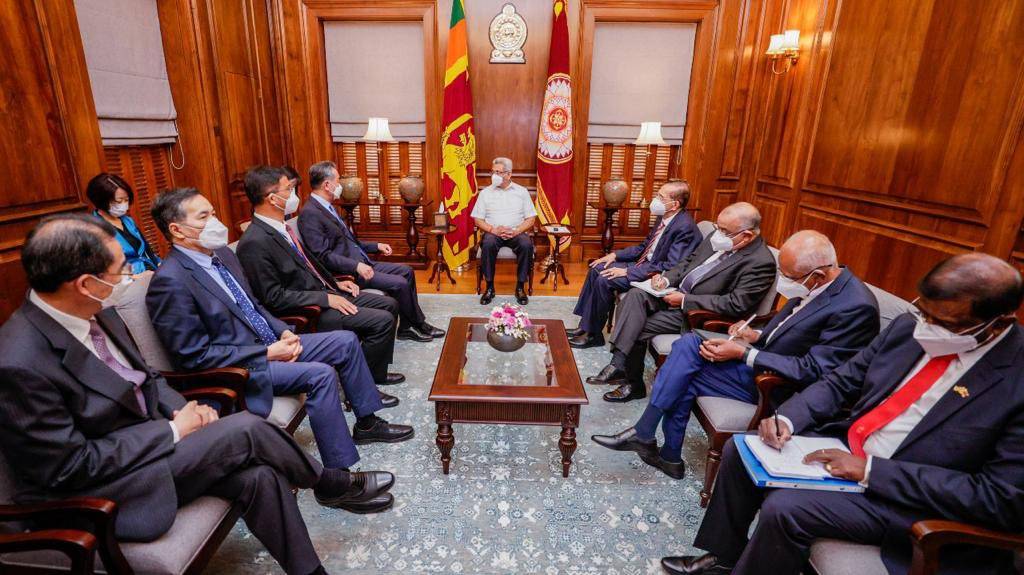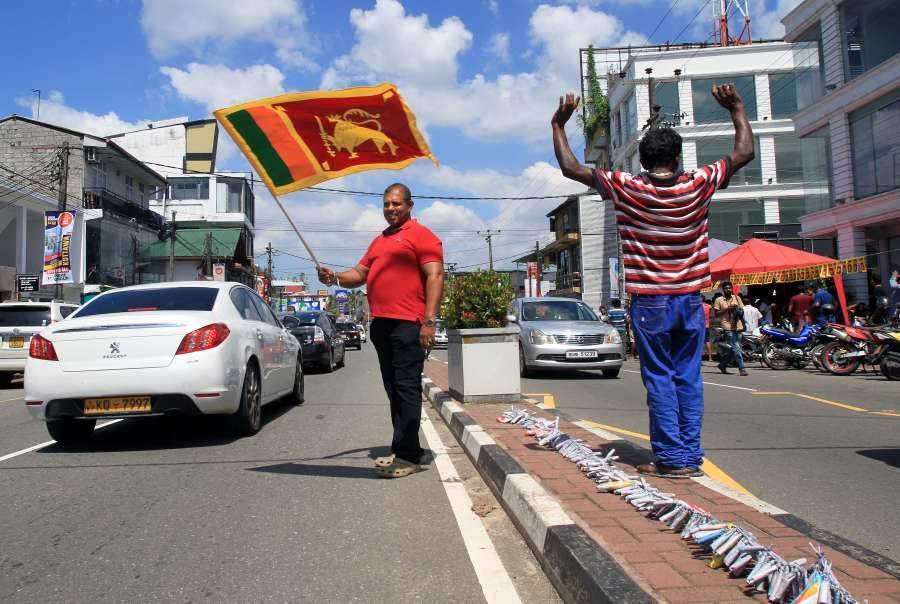The Security Conference, an annual conference on global security issues, began in Munich on Friday…reports Asian Lite News
External Affairs Minister Dr S. Jaishankar and his Chinese counterpart Wang Yi had a brief conversation on the sidelines of the Munich Security Conference.
The interaction took place on Saturday when Jaishankar was going to the stage for a panel discussion and Wang was walking down the podium
The impromptu interaction comes after months of no communication between the two countries.
Last time the two leaders met in Indonesia on the sidelines of ASEAN meet in July 2023.
The Security Conference, an annual conference on global security issues, began in Munich on Friday.
Jaishankar has already met UK Foreign Secretary David Cameron and Peru Foreign Minister Javier Gonzalez-Olaechea on the sidelines of the conference.
Jaishankar meets Palestinian Foreign Minister
Jaishankar met the foreign minister of Palestine, Riyad al-Maliki, in Munich on Sunday and discussed the situation in Gaza.
In a post on social media platform X, Jaishankar wrote, “Nice to see Palestinian Foreign Minister Riyad al-Maliki.”
“Exchanged views on the current situation in Gaza,” he added.
The External Affairs Minister is currently in Munich, Germany, to attend the prestigious security conference there.
The Munich Security Conference (MSC) 2024 offers a unique opportunity for high-level debates on the world’s most pressing security challenges.
Six decades after its foundation by Ewald von Kleist, the MSC has assembled senior decision-makers and thought leaders from around the world for discussions on the most pressing international security concerns in February 2024, according to the conference’s official statement.
This year’s conference was held under the chairmanship of the German Ambassador to the US, Christoph Heusgen.
Speaking at a panel discussion at the ongoing Munich Security Conference on Saturday, Jaishankar said there was no justification for the ‘terrorism’ that was unleashed on the kibbutzes of southern Israel on October 7, last year.
“All of us follow enormous efforts which Tony (Antony Blinken) is putting in right now,but look the way we look at it has different dimensions, different elements to this,” Jaishankar said.
“We must be clear that what happened on October 7 was terrorism. No justification, no explanation, it was terrorism,” the EAM added.
As he went on to speak, the EAM also stated that a large number of countries ” strongly believe in two-state solution.”
Israel Prime Minister Benjamin Netanyahu responded on February 17 to rising appeals from world leaders to avoid a ground operation in Rafah, remarking that doing so would mean “losing the war against Hamas,” as reported by The Times of Israel.
“Those who want to prevent us from operating in Rafah are essentially telling us: ‘Lose the war.’ I won’t let that happen,” he vowed at an evening press conference in Jerusalem.
“We won’t capitulate to any pressure,” he said.
According to The Times of Israel, Rafah, located on the Gaza-Egypt border, is the final remaining Hamas stronghold in the territory, but it also houses over a million displaced Palestinians sheltering from war.
ALSO READ-Netanyahu Vows No Capitulation Amid Pressure on Rafah Operation

